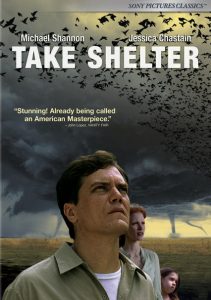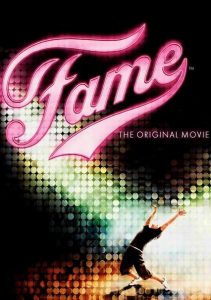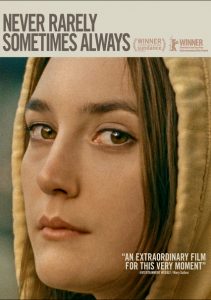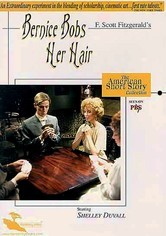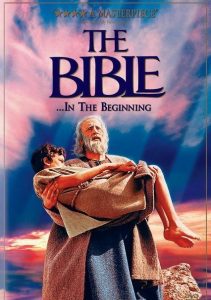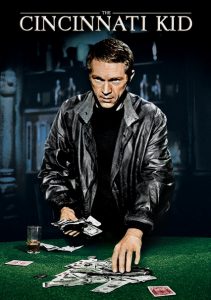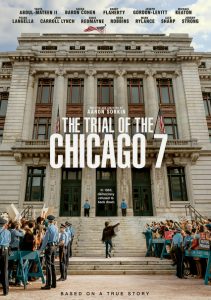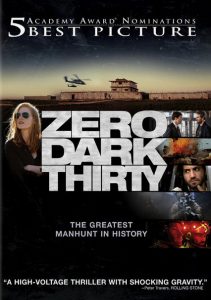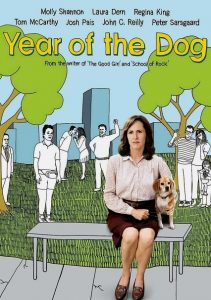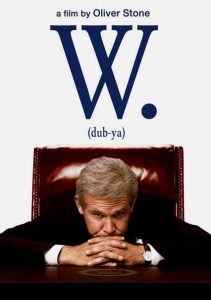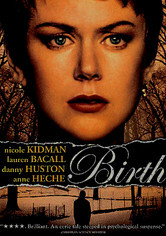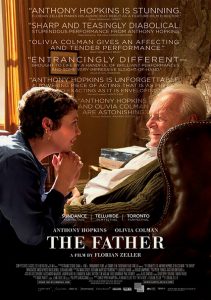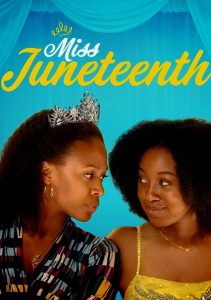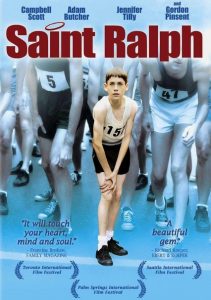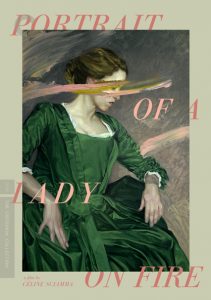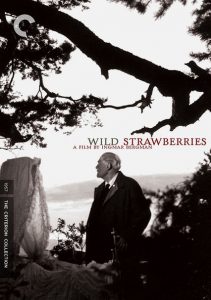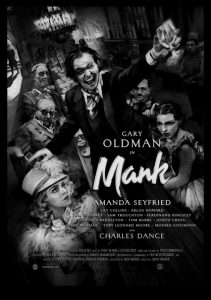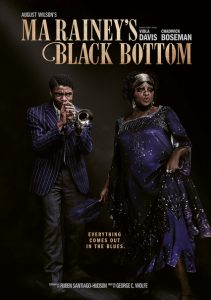Take Shelter-2011
Director Jeff Nichols
Starring Michael Shannon, Jessica Chastain
Scott’s Review #1,150
Reviewed June 9, 2021
Grade: B+
Michael Shannon is a great actor. Appearing mostly in supporting roles and breaking out big time in 2008’s Revolutionary Road he gets the lead in Take Shelter (2011) and is more than up to the task of creating a great character.
The ambivalence and uncertainty his character feels are monumental to the enjoyment of the film.
It’s a slow burn and an unsatisfying payoff but I mean that with positive praise.
The plot is set in a small rural town in Ohio.
Curtis LaForche (Shannon) is a working-class husband, father, and provider to his wife Samantha (Jessica Chastain) and young daughter Hannah. Curtis begins to have scary apocalyptic dreams which he keeps from his family.
He decides to build a storm shelter in his backyard which raises concerns for Samantha. His strange behavior creates a strain on his family. As he builds the shelter, Curtis is afraid of his dreams, or rather, afraid that they are a premonition and will come true.
Is he going crazy, or will his dreams become a devastating reality?
Curtis, Samantha, and the entire audience will ponder this note throughout the film.
An interesting add-on is that Hannah is deaf so the way her parents embrace and accept her disability is a nice nod to the inclusiveness of people with disabilities.
Take Shelter is delightful to revisit and discuss ten years following its release. In 2011, both Shannon and Chastain were up-and-coming stars and only barely on the cusp of A-list status so it’s fun to see them in an independent film that showcases their acting chops.
They would grow to be big stars and flourish their talents in many other roles so it’s fun to see them in early-career performances.
Shannon is careful not to outshine Chastain, but Curtis’s focal point is what is going on internally. His conflict is palpable and written all over his face in quiet scene after quiet scene after quiet scene of his gazing at the luminous skies.
He wonders what is coming next.
His dreams, hallucinations, and auditory experiences involving swarms of blackbirds are creepy and well-made on a small budget. A clue is when it is revealed that Curtis’s mother suffered from paranoid schizophrenia at roughly the same age that Curtis is.
A drained Curtis seeks counseling but still cannot shake his feelings of impending doom. I felt completely empathetic to his plight and never saw Curtis as crazy or out of control. He possesses controlled restrain.
Director Jeff Nichols does an exceptional job of making the film largely quiet and peaceful with a gnawing and foreboding dread just as the expected apocalypse might come upon the lonely town.
Take Shelter is the debut by Nichols who followed up this gem with two other low-key but critically acclaimed films Mud (2012) and Loving (2016). He knows how to get to the core of his character’s deepest thoughts and feelings.
He wrote each of these works and received praise for fine writing.
The film is about the relationship between the characters and the possibility that Curtis is going insane. I’m not sure Take Shelter provides a neatly wrapped conclusion but boy is it an edge-of-your-seat thrill. And why does it need to?
Shannon’s best scene occurs at a Lions Club community event. With most of the town gathered in the hall for a delicious dinner of pot luck dishes things go bad when Curtis loses his temper and verbally berates the townspeople. He warns them that they are unprepared for the doom.
They look at him as if he belongs in a padded cell and Shannon’s explosion is frightening and frighteningly good.
As good as Shannon is, Chastain must not be dismissed. She barely holds it together as a woman with a special needs child and an unbalanced husband. When they lose their health insurance she nearly comes apart at the seams.
I love the ending because Nichols leaves the truth of reality a mystery to the audience. This may dissatisfy some but I thought it’s how Take Shelter should be. Unclear, just like the thoughts of its main character.
Take Shelter (2011) succeeds with a powerhouse performance by its star Michael Shannon, wonderful direction, and a refined imbalance.
The quiet and thoughtful cinema fan will endear the most to this film.
